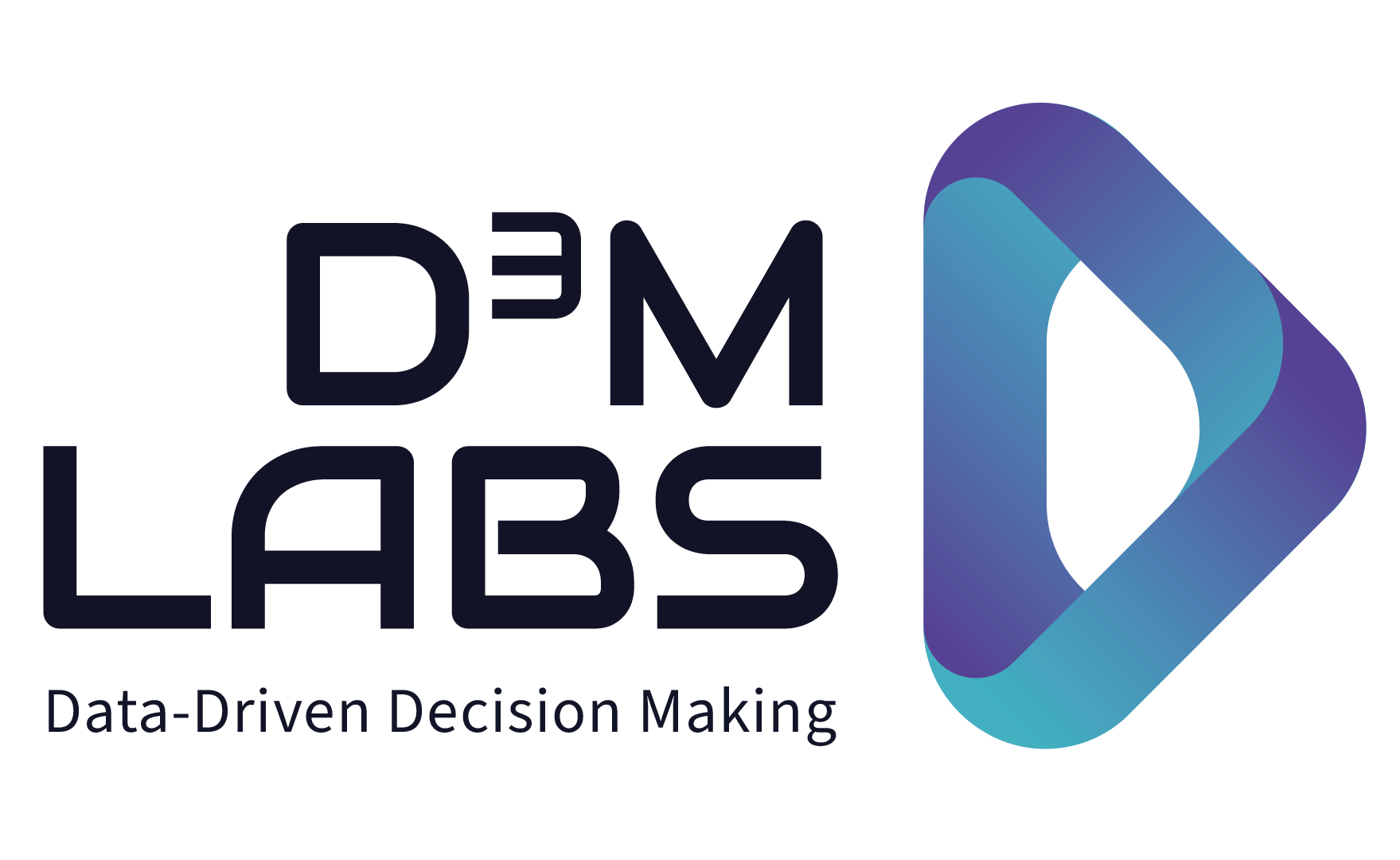Can you tell me how you came to be a founder of Windeye Partners?
I grew up in Sweden and wanted a business career. In the early 1980s, I went to the best business school in Sweden, the Stockholm School of Economics. I decided I wanted to work internationally right away and thought a good way to do that would be to get an MBA abroad. This being the 1980s, it was a bit exotic to get an MBA. After applying to a couple of schools, I was fortunate to get admitted to the Wharton School. My original intent was to do an MBA there and go back and work in Europe, but after spending 2 years in the US, I decided it would be much more fun to stay there.
Eventually, I found a job that was really interesting involving what I wanted to do, which was merchant banking. I worked in New York in banking, mostly advising companies on mergers and acquisitions. In the mid-2000s, I decided to set up my own firm, Windeye Partners. Over the years, the activities have become focused on business valuation services.
You are also Head of the Alumni Network in the US for the Stockholm School of Economics. Have you seen data becoming more of a topic of discussion?
As a European business school, we did not have a tradition of alumni networks. Myself and a few other alums living in the US decided to take action. We started an independent group in the US, but tied to the school to promote activities and set it up as a charitable organization in the US.
When we started this endeavor, the school had poor contact records. Over the years, we worked with the school to improve those records to reach out to alumnus to raise money. Improving that data over the years has been important for us and the school. This year, 2022, we are raising over 300,000 USD for the school, which we couldn’t have done without having good data for contact information.
What is a valuation and why do companies get valuations?
A business valuation most often seeks to determine the value of the shareholders‘ (owner) equity in a company, but can also be for a partial interest in a company or for specific securities issued by a company. Owner’s equity is the capital put into the company by founders, which differs from debt, which you would borrow from a bank. Here is a link from the Corporate Finance Institute describing different types of securities.
Common reasons for getting a business valuation include considering a sale of a company, wanting to raise more capital, a dispute among owners, or wanting to issue equity incentives like options to employees. Sometimes valuations are also needed for tax reporting reasons or for preparation of financial statements. In US “409a valuations” are very common for tech companies since the IRS (US tax authority) requires them for most companies that give out options
What type of asset would data be?
Data does not have a physical form, so it would be classified as an intangible asset. An example could be a customer list, which could be very valuable for a business. Other types of intangible assets include intellectual property such as patents, trademarks, copyrights and trade secrets. Then we have some others that are contractual like employment and non-competition agreements that can have value for a company. A tangible asset would be something like a building or machinery.
What is the difference between data and other intangible assets, specifically software, from a valuation point of view?
Software has a function and will do something.
Often data is something that contributes to the value of a product or some other asset, but it doesn’t always have a value in itself.
It is often a contributor to a value or a functionality. Because data is often not something that can be broken apart from a service, conducting a valuation of data is more difficult than for other intangible assets.
Let’s think about Spotify as a service. You pay them for that service. They generate data from your listening habits. Is that data valuable in itself? Can you sell that data? Or is it only valuable as part of the process of making a better service? Customer lists are valuable in themselves because you can sell them as stand-alone entities. Metadata, for example, is not necessarily separable from the service that generates revenue.
What is important to consider regarding data in valuations?
Sometimes data can have a clear value in itself. It could perhaps be sold as a standalone asset to someone. However, more often we will think about it as a contributory asset. One cannot necessarily separate it from a product or service, but it enhances the value of that product or service.
Data is something that can provide a company with a competitive edge with respect to the products or services that the company provides.
How can this competitive edge be quantified?
Pricing power and higher growth than competitors, for example.
The ability to raise prices faster than competitors and grow faster than competitors will often result in higher market share and higher profit margins than competitors.
Subsequently, the earnings will grow faster than the competition, and the more competitive business’ shares will have a higher value than the competition.
What is a technique you would use to value data or incorporate data into a valuation?
Data will only have a value if it is being monetized or if it can be monetized in the future, that is generate revenues and cash flow for the owner.
In some cases there may be scenarios where data could be licensed to others, then we can value a stream of expected license fees in the future by discounting them to a present value.
A technique we would use to value, for example licensing fees, would be to project a future revenue stream and profit stream from this data or the activity related to the data and discount them to a present value. Discounting means a dollar received a year from now is worth less than a dollar received today.
If the data is a contributory asset that will be more difficult and we may need to look at the With/Without method.
We estimate the value of the business first with ownership of the data and then without ownership of the data and compare the results. The difference then will represent the value of the data.
Can you explain discounting?
There are two parts, the temporal part and the risk associated with the future cash flows.
If you buy a 1000 Dollars in a treasury bill and the interest rate is 4.7%, you will earn 47 dollars in interest over one year. This is a riskless asset, as it carries the default risk of the US government. If you want to invest in a company, it has much more risk than the US government. In addition to the 4.7% which is compensating you for the passage of time, you should be compensated for additional company risk of default. Here is a link to Investopedia where you can read more about discounting.
What are some pitfalls to valuing data?
Revenue projections are difficult, especially for intangible assets.
One of my favorite Yogi Berra (a famous US baseball player) quotes is, “It’s difficult to make predictions, especially about the future.”
Also, estimating the appropriate cost of capital (discount rate) is difficult – how risky are really the future revenues and profit from future revenues and profits? Revenues associated with intangible assets like data should generally be riskier than revenues from physical assets like a building or machinery, but it’s not easy to quantify that objectively.
What can data practitioners do to make sure their work is adding monetary value to their company?
See if there is a way to make the data “separable,” so that it can be monetized directly by providing to 3rd parties or maybe part of an algorithm.
Also think about if it would be more valuable published and copyrighted, or being kept secret and proprietary.
What are some secrets to your success with Windeye Partners, leading the Stockholm School of Economic’s alumni network in the US and also being an Adjunct Professor of Finance at the Stevens Institute of Technology?
- Not being afraid to give people your real opinion even if it is not what they want to hear necessarily.
- Being able to relate effectively to people in different industries, countries and circumstances with things I have done in the past through a good memory.
- Knowing that not every potential client is worth having – beware of troublesome clients.
Who is Michael Guthammar?

Michael Guthammar is the founder of Windeye Partners and an advisor to companies, business owners, entrepreneurs, private equity investors, investment funds and family offices on valuations, mergers, acquisitions, divestitures, capital funding, investments, and corporate finance issues for more than 30 years in the US, Europe and Asia with broad sector experience.
Michael is a graduate of the Stockholm School of Economics and received an MBA from the Wharton School of the University of Pennsylvania. He is a Certified Valuation Analyst (CVA) member of the National Association of Certified Valuators and Analysts (NACVA), a member of the Business Valuation & Litigation Services committee of the New York State CPA Society (NYSSCPA), and a member of the Licensing Executives Society (LES). Michael also serves as an Adjunct Professor of Finance at Stevens Institute of Technology.
Related links
Video: The Golden Link between Data and Money, A recorded live stream with Peter Schroeter from Harnham and Elizabeth Press from D3M Labs
What is a security? Corporate Finance Institute
Discounting: What it means in finance, with example, Investopedia
